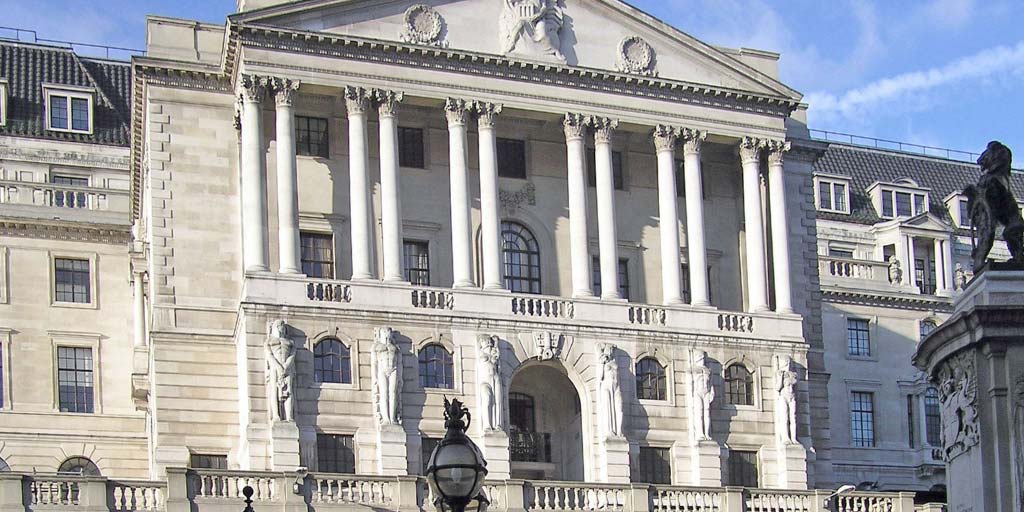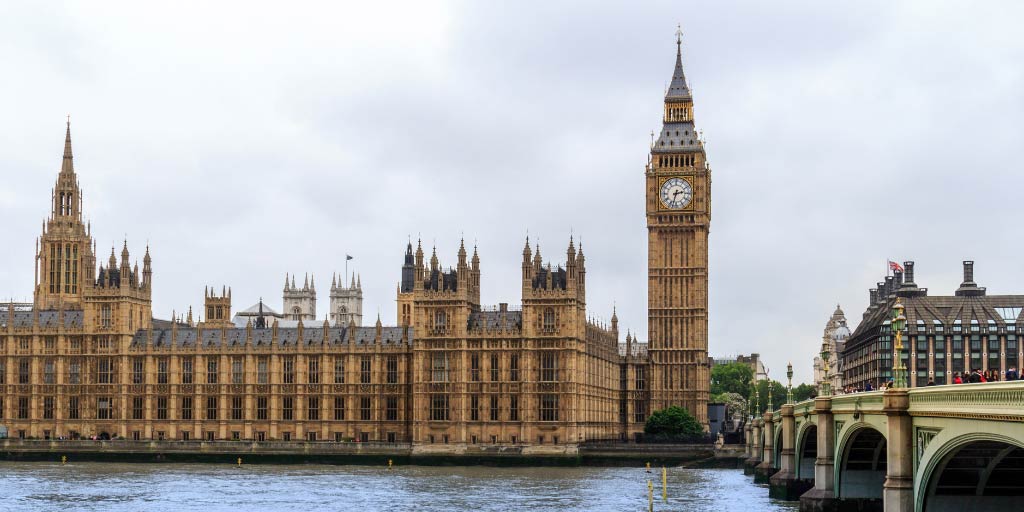This information should not be interpreted as financial, tax or legal advice. Mortgage and loan rates are subject to change.

Category: government and politics
The mortgage market is anticipating interest rate cuts in the coming year, driven by easing inflation, reducing swap rates, and concerns about a stuttering economy. However, a committee member of the Monetary Policy Committee (MPC) has stated the Bank of England has no intention of cutting interest rates until certain economic indicators appear.
While the Office of National Statistics (ONS) revealed on Wednesday 20th December that inflation fell to 3.9 per cent in November, Deputy Governor for Monetary Policy at the Bank of England, Ben Broadbent, says that the MPC will not be lowering rates until wage growth slows – despite market expectations that rates will be reduced in 2024.
Broadbent says:
Given the volatility in the official estimates [of wage growth], and the disparity – such as it is – among the various indicators we have, it will probably require a more protracted and clearer decline in these series before the MPC can safely conclude that things are on a firmly downward trend.
[…] Currently, if only for a short period of time, there’s a little more uncertainty than usual about the behaviour of unemployment. Official estimates of wage growth have been volatile and other indicators have exhibited slightly lower (if still very elevated) rates of growth through much of this year.
A pivotal factor in the MPC's decision-making process is wage growth. While official figures suggest a decline in wage growth to 7.3 percent in the three months to October, Broadbent expressed reservations about the accuracy of these estimates.
He indicated that the MPC is inclined to err on the side of caution, preferring a more extended period of clarity in the decline of wage growth before considering a rate cut.
However, some argue that the Bank of England should be careful not to tip the economy into a recession in their fight against inflation. A report from auditing company KPMG predicts UK Gross Domestic Product (GDP, a measure of economic productivity) will close the year having grown only 0.5 per cent, and expects the same rate of growth for 2024 – a far cry from the typical 2.5 per cent target.
What does this mean for mortgage rates?
This most likely means that mortgage rates will not be decreasing by significant amounts for the foreseeable, but what it may also means is mortgage products will stay on offer for longer, as stability returns.
Around October last year, once it became clear that the Bank of England was serious about raising the Base Rate, mortgages were being withdrawn frequently. Borrowers would have had to act fast in order to secure a competitive deal. However, at present, this doesn’t appear to be the case – affording borrowers more time.
With swap rates steadily decreasing, however, lenders in particular seem to be optimistic regarding the future of the cost of borrowing, despite the Deputy Governor’s words of warning regarding wage growth.



